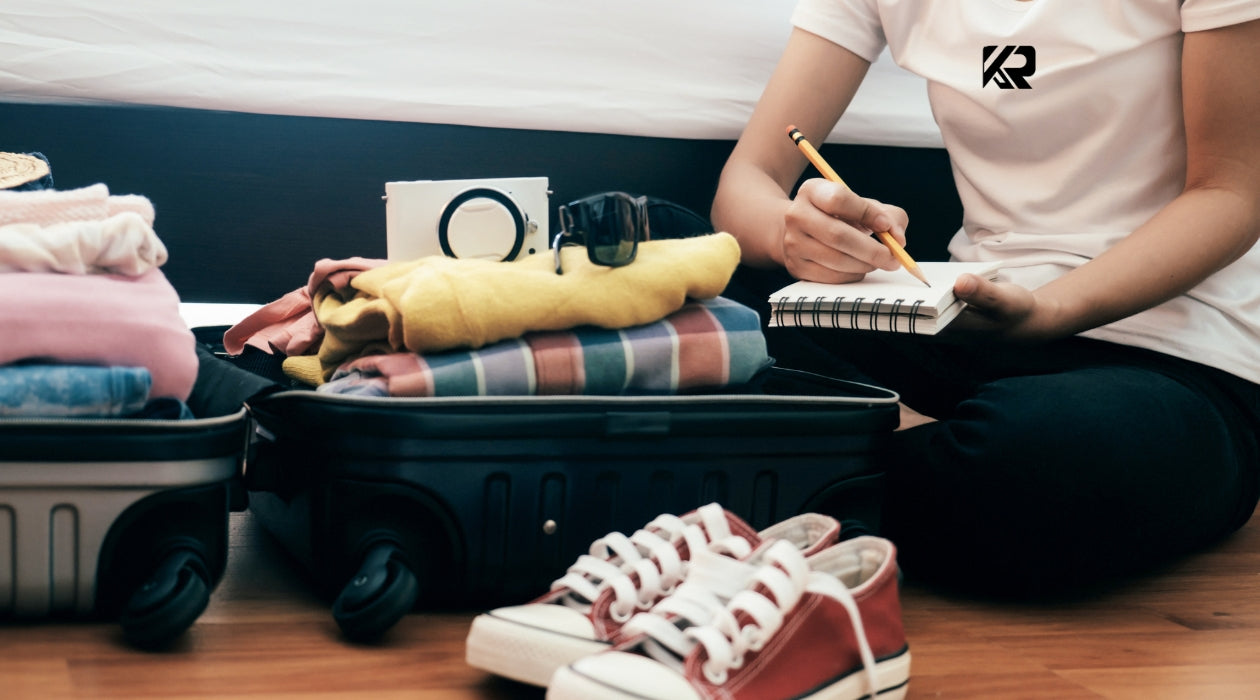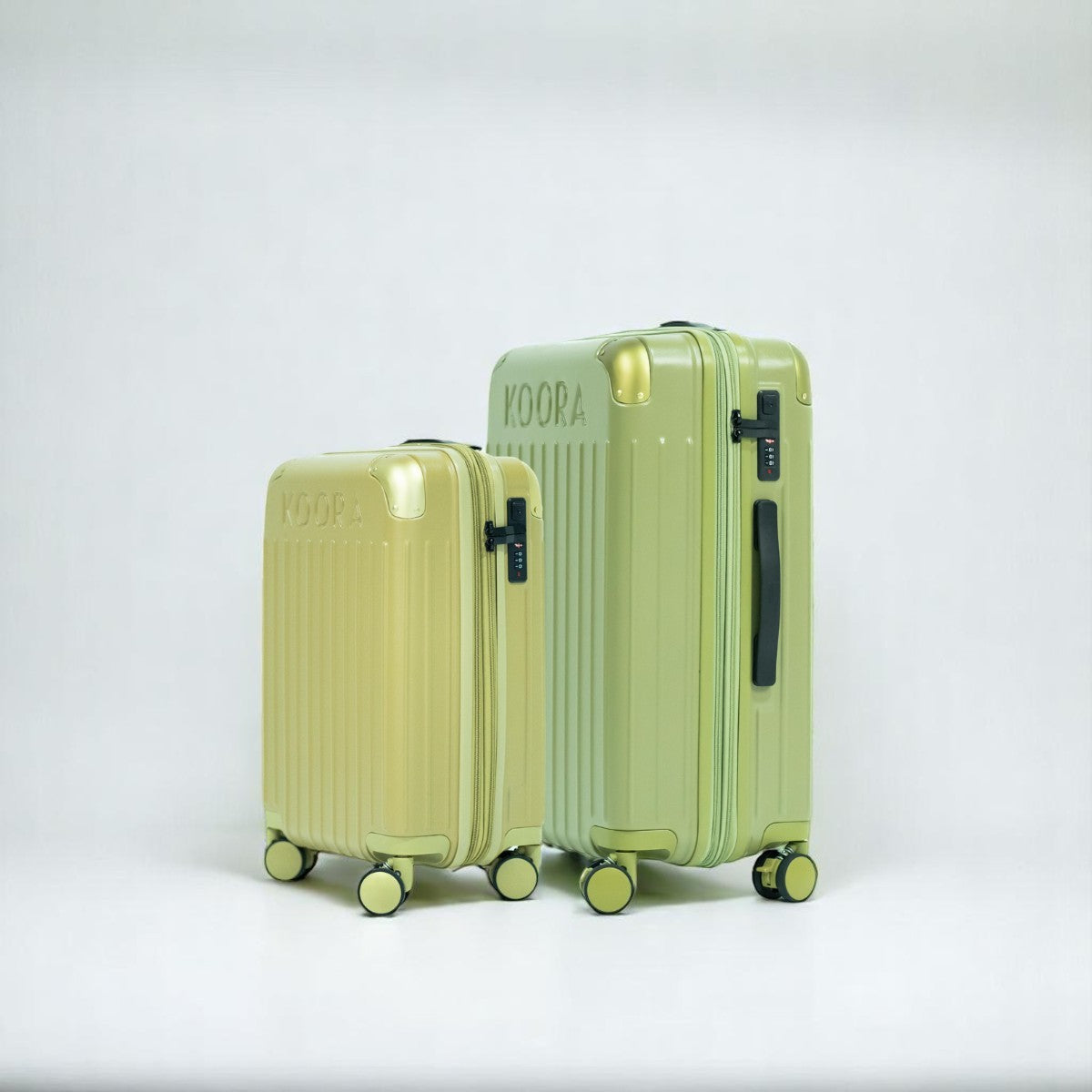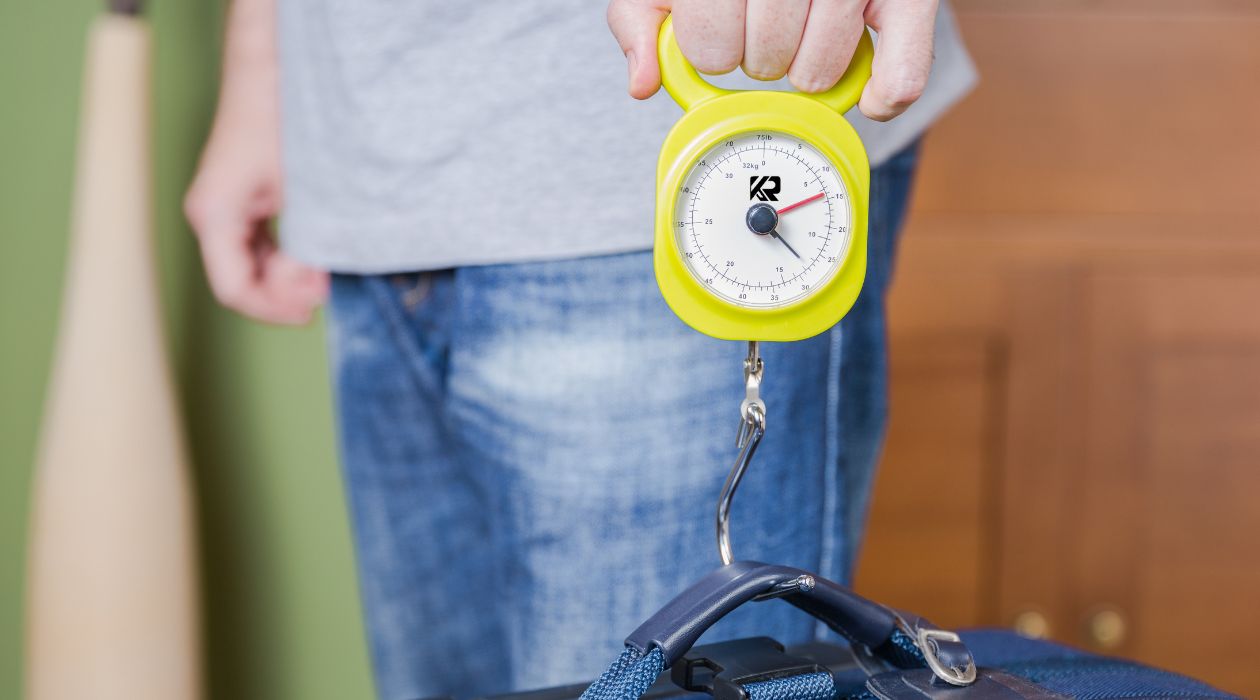
How to Avoid Excess Baggage Fees on Checked Luggage
You arrive with your flights all booked, your suitcase packed, and you are ready to go, only to hear those two words: “Your bag is overweight. An additional charge will be made.”
One of the most frequent (as well as annoying) travel costs is excess baggage fees. Airlines are strict on their luggage policy, and the money that one might be charged for going over a Kilogram can leave a shock. Fortunately, a bit of preparation and clever packing tips will help you cut down on the additional expenses and save more of the enjoyable part of your vacation.

Here is all you need to know to ensure that you do not incur excess baggage charges when you start to check your luggage.
1. Know Your Airline’s Baggage Policy
The first consideration in the prevention of the fees is to understand what the airline permits. Each airline has different regulations on the amount you can carry in terms of weight and space. Most of the airlines' facilities work on one bag of up to 23 kg, and others on an overall baggage weight allowance.
Do not presume that airlines are homogeneous. Low-cost or budget airlines tend to be more restrictive and ungenerous, and full-service airlines might provide you with more space. Cross-check your ticket details or the details on the airline website before you pack. Be aware of what your limit is, and this way, you can plan better and avoid some embarrassing horror stories at the airport.
2. Weigh Your Bag Before You Leave
Weighing your luggage at home is one of the simplest ways of evading fees. A minute digital luggage scale is cheap and very convenient. Hook it to the handle of your suitcase and lift, and you will know how heavy it is.
In case you cannot use a weight machine, use your bathroom scale, weigh yourself, and then weigh yourself with your bag, then subtract the difference. It does not have to be as accurate, but it is better than guessing.
Weighing before you take off provides a fun interval to help you adjust when you are near the weight. You don't have to panic at the check-in desk or take out unnecessary items; you can repack much smartly.
3. Choose the Right Luggage
Another source of unnecessary weight is your very suitcase. Most hard-shell bags are heavy and sturdy, but this eats into your allowance before you even pack.
Lightweight baggage is revolutionising. A contemporary polycarbonate or aluminium-framed suitcase can be tough and designer-looking without becoming heavy. That is enough to replace a heavier bag with a lighter one, and that could be the difference between staying on weight and incurring an overweight penalty.
4. Pack Smart and Prioritise
Most of us are guilty of overpacking “just in case.” The truth is, you probably won’t need half the clothes or accessories you think you will. To stay within limits:
-
Lay everything you want to pack out on the bed.
-
Then remove at least a third of it.
-
Stick to versatile clothing pieces that can be mixed and matched.
-
Wear your bulkiest items—like jackets or boots—on the plane instead of putting them in your bag.
Packing cubes can also help organise your luggage and save space, but be careful not to overstuff them, as you’ll still hit the weight limit.
5. Use Your Carry-On Wisely
A carry-on luggage and a personal item such as a backpack, laptop bag, etc. are widely accepted by most airlines. These are not weighed in the same stringent manner as checked luggage (although some low-cost airlines are not).
Play up to this concession. Pack things that are dense but smaller in size, such as electronics, chargers, books or toiletries, into your carry-on. In addition to decreasing the amount of weight in your checked luggage, it is also a security measure to have high-value items on your person rather than in the cargo.
6. Distribute Weight Across Bags
You do not need to carry that large load by yourself, simply because you are travelling with family members or friends. Distribute heavier items across multiple bags. An example is that in case you have a case of 3 kg excess and your friend is 5 kg less than the mark, simply switch them and avoid the fee altogether.
The combined weight limit on multiple checked bags is imposed on most airlines when travelling alone. Consider the rules of your airline--it is better to carry your baggage in two light bags than in a heavy one.
7. Pre-Book Extra Baggage Online
In case you know you will need additional luggage, reserve additional space before arrival at the airport. Practically all airlines charge a significantly reduced amount for pre-booked baggage compared with payment at the counter.
As an illustration, an extra 5 kg online could cost $20, whereas the same weight may cost twice or even thrice as much on checking-in day. It is economical and stress-free through planning.
8. Ship Items Separately
If you’re carrying bulky items like sports gear, extra clothing, or gifts, consider shipping them separately. Courier services and international shipping companies sometimes offer better rates than excess baggage fees—especially if you’re sending items in advance and don’t need them immediately.
It’s not always the most convenient option, but if you’re moving abroad or travelling for an extended stay, it could be worthwhile.
9. Be Careful With Souvenirs
It is easy to overlook baggage restrictions as you buy the gifts, souvenirs or do shopping in the course of your travel. However, those additional clothes, shoes or bottles of wine can easily push your suitcase beyond the limit.
When you first pack your bag, leave space so you can include the items you purchased. Alternatively, carry a folding luggage that you can check as extra luggage to carry back (after pre-booking allowances).
10. Join Frequent Flyer Programs
Becoming a member of a frequent flyer program can be quite beneficial in case you travel frequently. Some airlines give additional pieces of baggage to members, particularly those who have elitist status. Even on the most basic levels, some extra kilos/discounted extra luggage could be offered.
Sometimes free checked bags are a perk of airline-based credit cards attached to airline loyalty programs, and this can provide a regular cost-saving benefit every time you travel.
11. Know When to Upgrade
Occasionally, it is wiser to pay an upgrade fee than to pay a baggage fee. For example, when you have an excess of 10 kg and the penalty is more than the cost of such an upgrade, then it will be economical to upgrade. Not only do you enjoy a greater baggage allowance, but you also get a better travel time.
Final Thoughts
There is nothing more frustrating than paying excess baggage charges; this is why every trip should be planned so that unnecessary money can be saved. The golden rules are straightforward: familiarise yourself with the policy of your airline beforehand, weigh your bag before your departure, pack more smartly, and utilise all allowances given to you.
The more conscious you can be when packing, the less prone you will be to having to pay out some unnecessary fees at the airport. Wouldn’t it be a better use of the money to have a nice meal, a good round of activities or an extra day at your destination rather than sending it off at the check-in counter?
Pack light, pack smarter and pack without stress so that your wallet also feels good.



Leave a comment
This site is protected by hCaptcha and the hCaptcha Privacy Policy and Terms of Service apply.